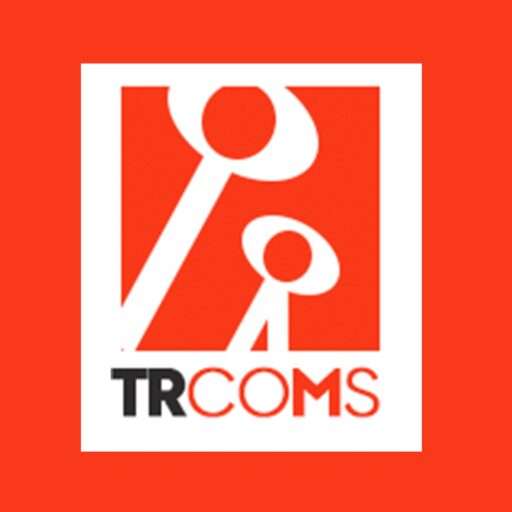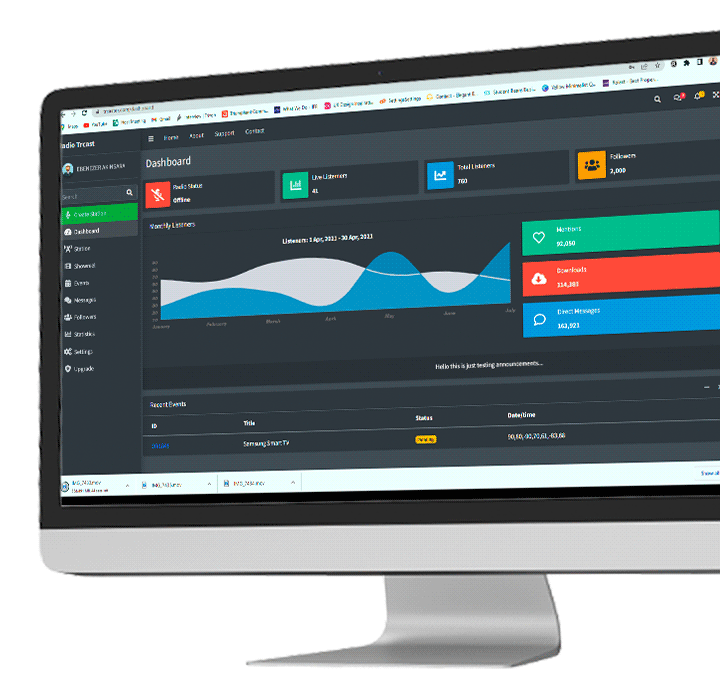POWER OF CLOUD COMPUTING
HOW IT IS CHANGING THE WAY WE WORK
Cloud computing means delivering on-demand resources over the internet, including servers, storage, databases, networking, software, analytics, and intelligence.
Cloud computing is revolutionizing the way we work, bringing many benefits that were previously unimaginable. Cloud computing is the delivery of computing services over the internet, including storage, processing power, and software applications, without the need for users to own or manage physical computing infrastructure. Instead of having to invest in and maintain physical computing infrastructure, businesses, and individuals can use these resources as needed, paying only for what they use.
There are several different types of cloud computing services, including:
- Infrastructure as a Service (IaaS): Provides virtualized computing resources, such as servers, storage, and networking, over the internet.
- Platform as a Service (PaaS): Provides a platform for developers to build and deploy applications, including tools for developing, testing, and deploying software.
- Software as a Service (SaaS): Provides access to software applications over the internet, often on a subscription basis.
In this article, we will explore the power of cloud computing and how it is changing the way we work.
- Cloud computing is more flexible than traditional computing models. With cloud computing, employees can access their work from any device with an internet connection, meaning that they can work from anywhere, at any time. This flexibility is especially useful for remote workers, who can access their work files and applications from home or while traveling. In addition, the ability to scale resources up or down on demand allows companies to respond quickly to changing business needs.
- Cloud computing is more cost effective than traditional computing models. With cloud computing, companies only pay for what they use, which means that they do not have to invest in expensive hardware and software upfront. In addition, cloud-computing providers handle maintenance and upgrades, which saves companies the cost and effort of managing their own IT infrastructure.
- Cloud computing is more secure than traditional computing models. Cloud computing providers have more resources to devote to security than individual companies do, and they use the latest security technologies to protect their systems and data. In addition, cloud-computing providers are subject to strict regulatory compliance standards, which means that they are held to a higher standard of security and privacy than most companies.
- Cloud computing is more collaborative than traditional computing models. With cloud computing, employees can collaborate on documents and projects in real time, regardless of their physical location. This collaboration can lead to increased productivity and better outcomes, as teams can work together more efficiently and effectively.
- Cloud computing is more environmentally friendly than traditional computing models. Cloud computing providers use energy-efficient hardware and software, and they consolidate resources to reduce energy consumption. In addition, because cloud computing allows for remote work, it can reduce the need for employees to commute to work, which reduces carbon emissions.
BENEFITS OF CLOUD COMPUTING
- Scalability: Resources can be scaled up or down on demand, allowing businesses to respond quickly to changing needs.
- Cost-effectiveness: Businesses only pay for what they use, rather than having to invest in and maintain physical infrastructure.
- Flexibility: Users can access their resources from anywhere with an internet connection, allowing for remote work and collaboration.
- Security: Cloud computing providers typically have more resources to devote to security than individual businesses, and they use the latest security technologies to protect their systems and data.
- Innovation: Cloud computing allows businesses to experiment with new technologies and services without having to make large upfront investments.
There are also some potential challenges associated with cloud computing, including security and privacy concerns, vendor lock-in, and the need to manage multiple cloud providers. However, for many businesses and individuals, the benefits of cloud computing outweigh the risks, making it a popular choice for IT infrastructure and software delivery.
In conclusion, cloud computing is changing the way we work by making work more flexible, cost-effective, secure, collaborative, and environmentally friendly. As cloud computing continues to evolve and improve, it will undoubtedly bring even more benefits to businesses and employees alike.
Note
With Trcoms software and App development company in London, Cambridge, and Qatar you can get your next product on the cloud.










